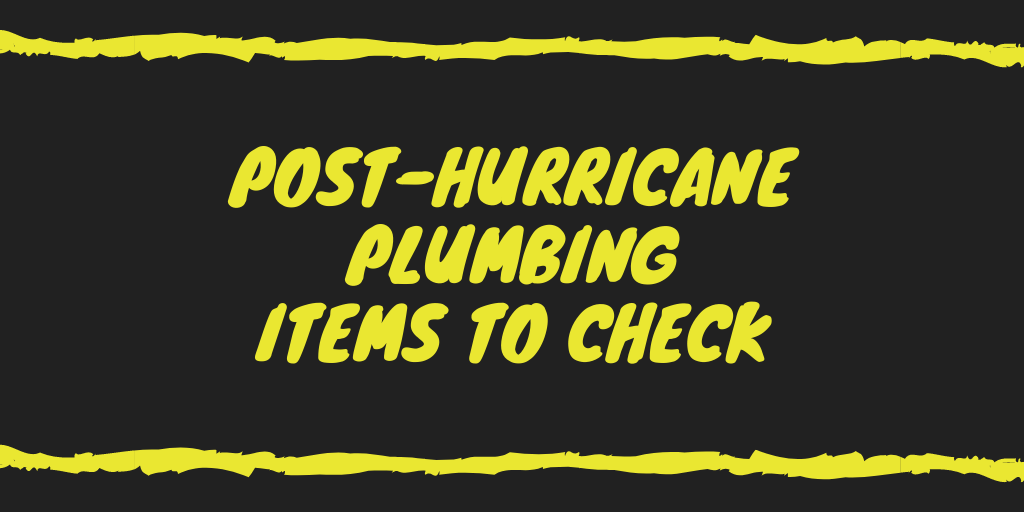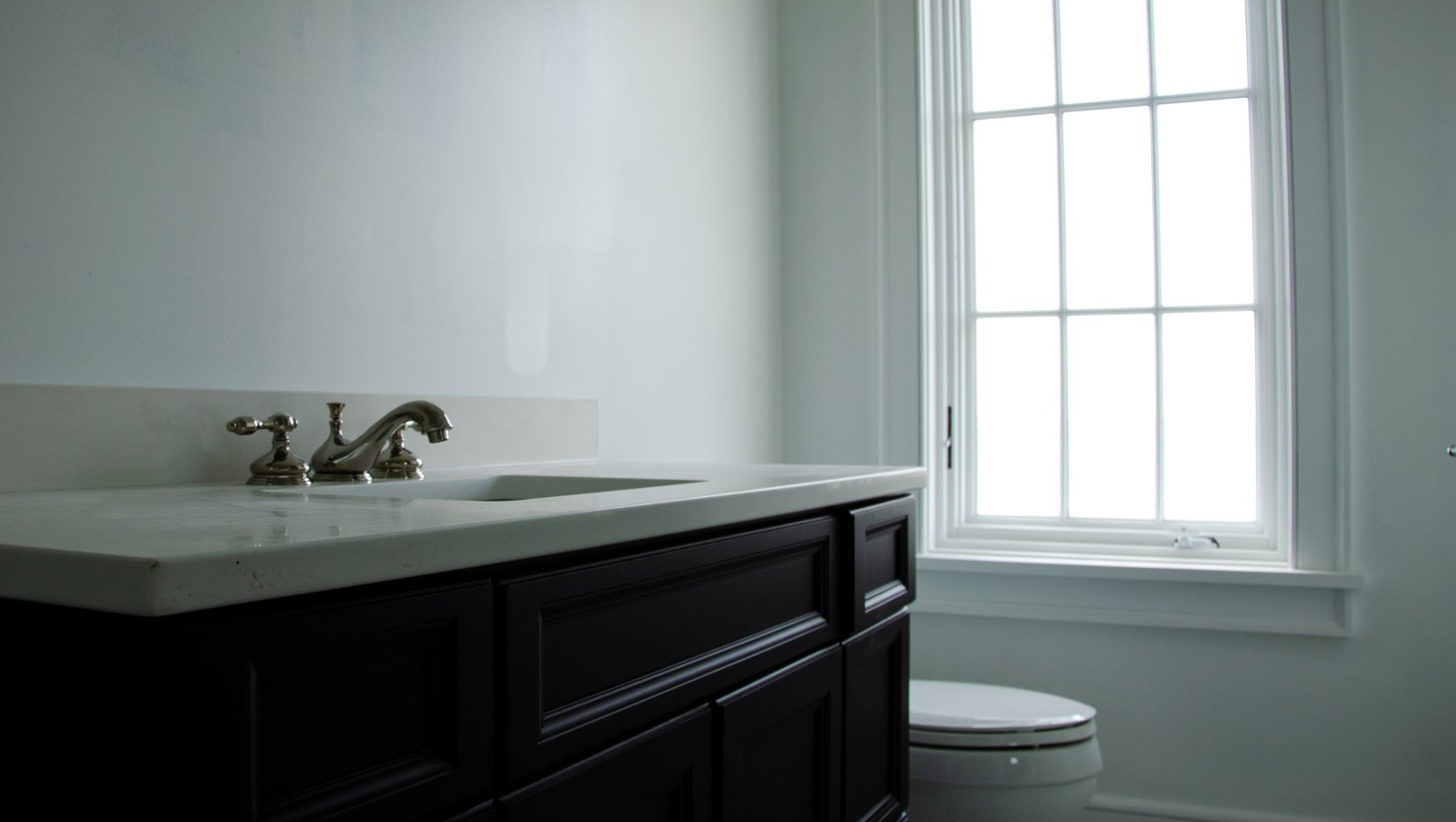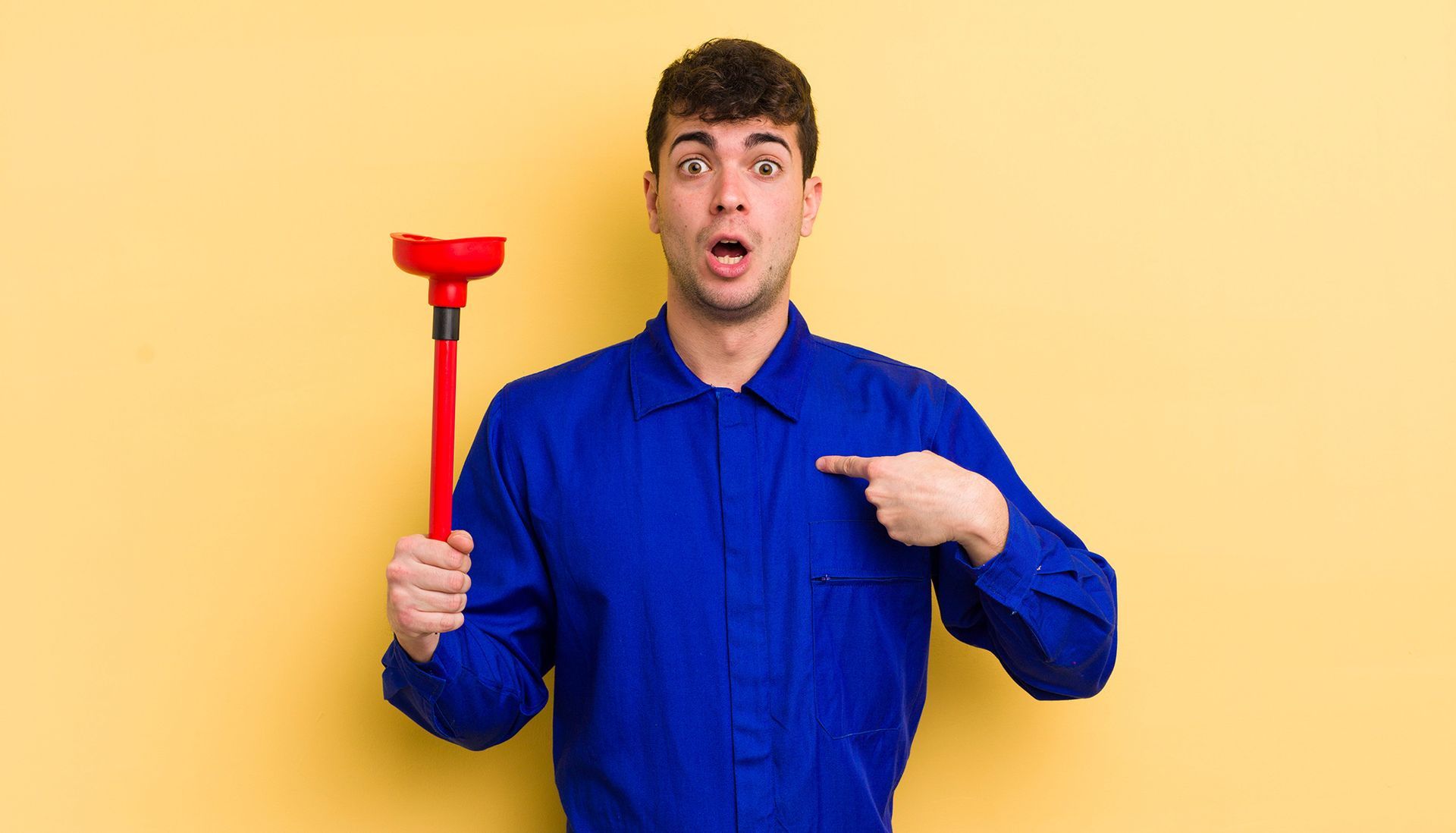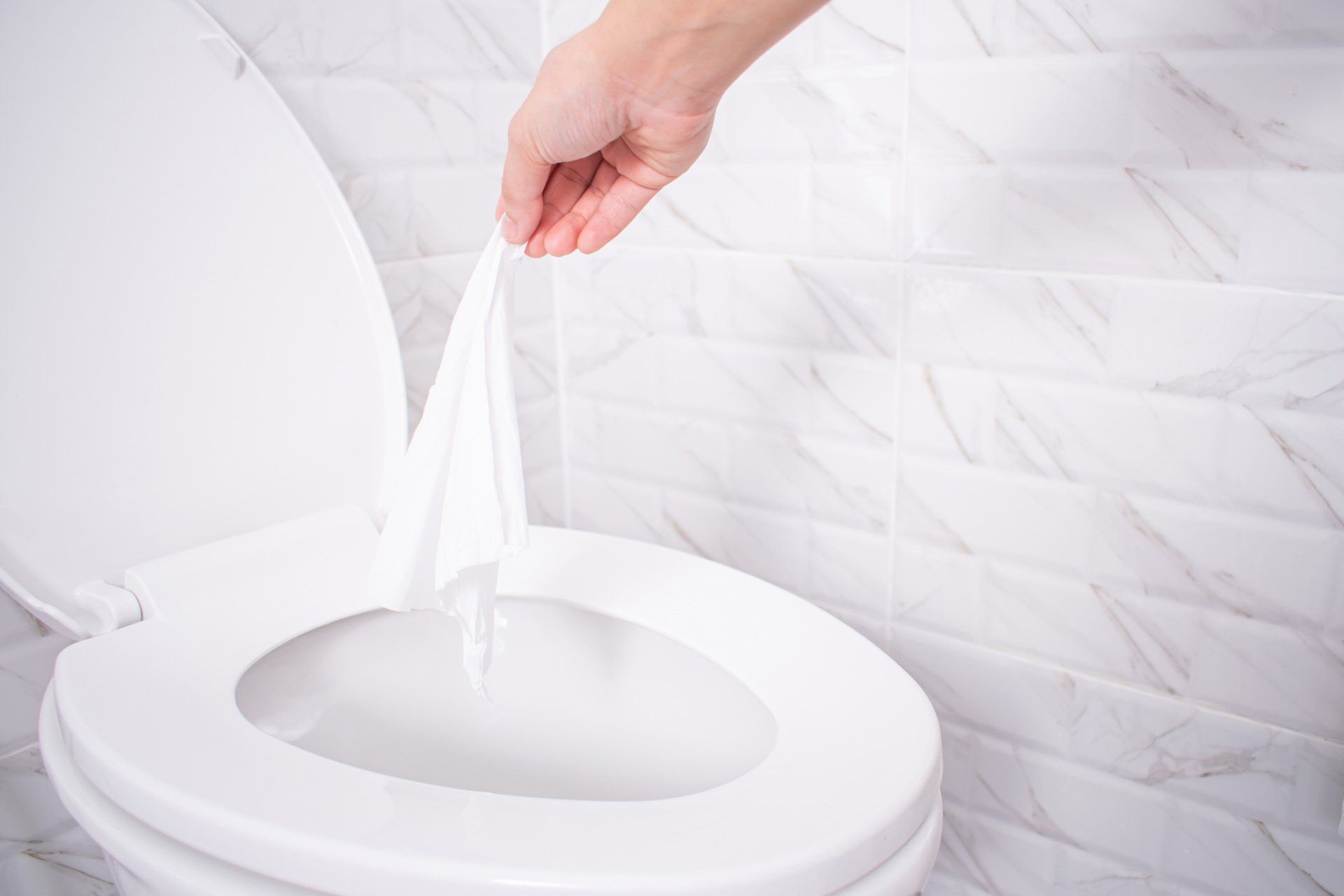Post-Hurricane Plumbing Items to Check
Stingray Branding • September 16, 2020
Post-Hurricane Plumbing Items to Check

Let’s face it, September is usually the worst month of hurricane season for those of us here in the Lowcountry. We’ve spent months preparing for storms and we’re only halfway through the season, in the month where we seem to see the worst storms pop up. Preparing for these storms is important, but what do you do when the storm is over? What do you need to look at? Consider this list of post-hurricane items to check.
Flooding
This seems like a no-brainer, but you’d be surprised how many little details that can be missed. Obviously you need to look at any flooding that has occurred within the home. A water intrusion like that is a sign of serious problems and needs to be addressed immediately. But there is more to look for than what is in the home. Look around your home and see where the water has pooled. Is it draining properly or building up near your home? Identifying these issues can help prevent future flooding today.
Leaks
Look at the plumbing in your home and check for leaks. Believe it or not, these storms can put pressure on a water system and cause damage that you need to be aware of. Identifying leaks early can make a lot of difference when it comes to expense and damage, so don’t be afraid to call in an expert to check if you’re having doubts.
Water Damage
Not every pipe in your home is clearly visible. While looking around after a major storm, take the time and look for water damage to the walls and ceiling. Water damage like this, especially on first floor ceilings in multi-floor homes, can be an indicator of leaks and damage that needs to be addressed quickly. Take the time and check. Better safe than sorry.
Your Plumbing Problems Don’t Stop
We know that this is a time of great uncertainty. We also know that plumbing problems never really stop, so our team is doing everything we can to respond to your needs while keeping everyone well and safe. If you have plumbing problems or questions, contact us today.
You might also like

In today's world, where environmental sustainability is becoming increasingly important, homeowners are seeking ways to make their homes more eco-friendly. While plumbin g may not be the first thing that comes to mind when thinking about energy efficiency, it plays a significant role in creating a greener home. In this blog post, we will explore energy-saving plumbing solutions that can help you reduce water waste, conserve energy, and make your home more environmentally friendly. I. Low-Flow Fixtures: One of the easiest and most effective ways to conserve water is by installing low-flow fixtures throughout your home. Low-flow faucets, showerheads, and toilets are designed to use significantly less water without sacrificing performance. These fixtures can reduce water consumption by up to 50% compared to traditional ones. Upgrading to low-flow fixtures is a cost-effective solution that not only helps the environment but also lowers your water bills. II. Water-Efficient Appliances: Another plumbing solution that can contribute to energy savings is opting for water-efficient appliances. Choosing appliances, such as dishwashers and washing machines, with a high Energy Star rating ensures that they use less water and energy with each use. These appliances are designed to operate efficiently while still providing excellent performance. Upgrading to water-efficient appliances not only reduces your environmental footprint but also helps you save on your utility bills in the long run. III. Efficient Water Heater: Your water heater can account for a significant portion of your overall energy consumption. To improve energy efficiency, consider installing a tankless or on-demand water heater. These systems heat water only when it is needed, eliminating the standby heat loss associated with traditional tank-style heaters. Tankless water heaters provide hot water on demand, reducing energy waste and ensuring you never run out of hot water. Additionally, insulating your water heater and pipes can further improve energy efficiency by minimizing heat loss. IV. Greywater Recycling: Greywater recycling is a sustainable plumbing solution that involves reusing water from sinks, showers, and laundry for non-potable purposes such as irrigation or toilet flushing. By diverting greywater, you can significantly reduce water consumption and minimize the strain on freshwater resources. Implementing a greywater recycling system requires professional expertise, but it can offer substantial long-term benefits for both the environment and your water bills. V. Rainwater Harvesting: Harvesting rainwater is an effective way to conserve water and reduce reliance on municipal water supplies. Installing rain barrels or a more elaborate rainwater harvesting system allows you to collect rainwater from your roof, which can then be used for outdoor irrigation or other non-potable purposes. Utilizing rainwater reduces the strain on municipal water sources during dry spells and contributes to water conservation efforts. VI. Regular Maintenance: Regular plumbing maintenance is essential for maximizing energy efficiency and preventing water waste. Inspect your plumbing system for leaks, dripping faucets, or running toilets and fix any issues promptly. These seemingly minor issues can waste significant amounts of water and increase energy usage over time. Conclusion: By implementing these energy-saving plumbing solutions, you can create a greener and more sustainable home while also reducing utility bills. Consulting with a professional plumber for advice on low-flow fixtures, water-efficient appliances, and other eco-friendly options tailored to your home's needs is highly recommended. Embracing these energy-saving plumbing solutions not only benefits the environment but also enhances your comfort, lowers your expenses, and contributes to a more sustainable future.


